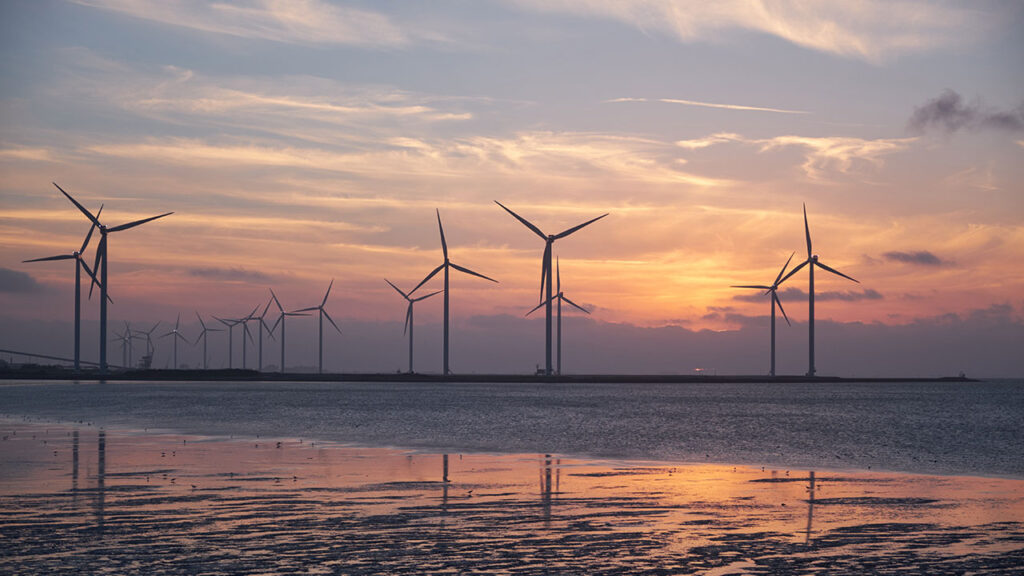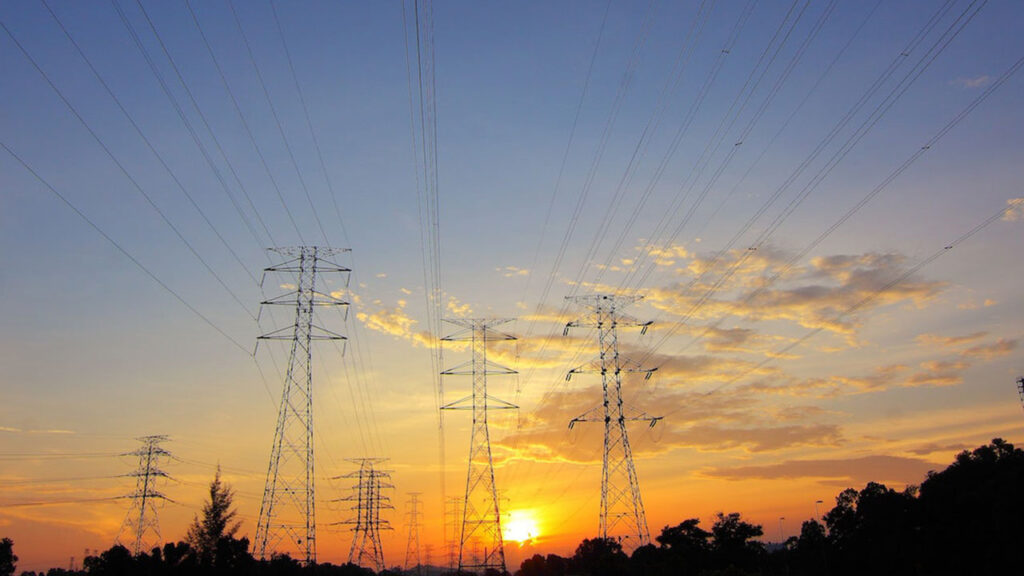Energy sector is main key driver of economic growth and industrialization of a country. It provides core fuels for consumption by many other sectors which makes it a very significant part of the economic development. World over, concerns regarding environmental sustainability has triggered slew of regulatory changes, shifting consumer preferences towards clean energy and emergence of new players in the alternate energy space. Incumbent players in traditional sources of energy have been slow in shifting to alternate sources of fuel. Being a volatile and concentrated industry, increased PE investments and M&A activities are expected to meet the increasing demand pressure and move towards energy independence.

Key trends shaping the industry:
Increasing Global Demand
The global energy demand is increasing continuously at a quickened pace especially in developing countries. Higher industrial activity is increasing the demand for energy. This trend will continue in the next few decades presenting a huge opportunity to grow.
Demand for Sustainable Resources
Limited availability of raw material and infrastructure is leading the search for non-renewable and environmental friendly sources of energy like nuclear, solar, biofuels, wind, hydro energy etc. With increasing demand, the need for sustainable development like carbon reduction will get a larger emphasis.
Price Fluctuations
Energy sector is mostly concentrated into few large units which give it a monopolistic structure. The industry structure along with scarcity of raw material ls and environmental effects lead to huge variation in pricing in the global economy.
Increasing Private Sector Participation
Significant part of this industry is governed by Government units specially oil, power and coal sectors. Private sector is making in-roads into some of the spaces. The participation from private players is encouraging the development of renewable sources on a larger scale.
Challenges facing the players involved in the industry:
Regulatory Requirements
The growing pressure on raw materials and environment is an associated consequence in this sector. In an effort to create a sustainable model, regulatory environment keeps on changing frequently. These parameters vary significantly across geographies and over time. It makes this industry highly dependent on government regulations as reforms and subsidy changes can affect the companies both favourably and non- favourably. Getting aligned with these changes and foreseeing the challenges need great deal of understanding of interplay between various factors.
Infrastructure Development
The capital investment in this industry is very high. This makes it difficult to meet the infrastructure requirement required to align the demand of the energy sources with the global supply while dealing with fluctuating price levels. This poses a challenge of raising financing for the projects especially in the private sector.
Improving Productivity
Higher capacity utilization and efficient use of resources can help in balancing the need for huge capital investment. This will require following an organized approach and dedicated attention towards improving productivity within existing systems.
How can OMNIO help?
OMNIO has developed competence in last decade helping clients in solving complex business problems related to cost volatility, innovation in alternate sources of energy, strategic shifting of dependence from traditional way of thinking to innovative way of addressing the key issues in the Industry.
Document Review
- Verification of required system documentation as per IEC standards
- Review of company documents and status of annual returns
- Financial review including study of balance sheet with respect to expenses, depreciation, interest and repayment of loan, taxation etc.
- Technical review of equipment installed and its warrantee/ guarantee etc.
- Review of Project Agreements and its compliance such as PPA, Power evacuation, Land documents
- Study the status of various statuary clearances obtained
- Study the status of land title.
- Disputes with Purchaser/ supplier/ erection contractor/ O & M Contractor, if any.
- Payment status for sale of power.


Site Inspection
- Physical Inspection
- Operational document review at site
- Carry out required tests as per IEC 62446, on sampling basis as per ISO 2859
- To check all major equipment such as Invertor, Control panels SCADA.and to see the compliance of maintenance schedules recommended by OEM
- Compliance to CERC’/RERC’s Scheduling & forecasting
- Availability of water for cleaning of PV cells
- Methodology and frequency of Module cleaning
Performance Assessment
- Review of historical performance, major breakdown etc.
- Grid Network Assessment (Power Evacuation for the Project), Grid stability and future expansion plans.
- Review of Resource and Annual Energy yield forecast
- Review of Performance Ratio (PR) based on instantaneous data as well as one month / year historical data, if available.
- Auxiliary power consumption and losses at different stages.


Financial Calculations
Provide assistance in financial calculations for the project life such as Project IRR, Equity IRR, DSCR, Payback period, etc.
To know more about our Power Industry Practices and services, Give us a call
Copyright © 2022 Omnio. All rights reserved.

